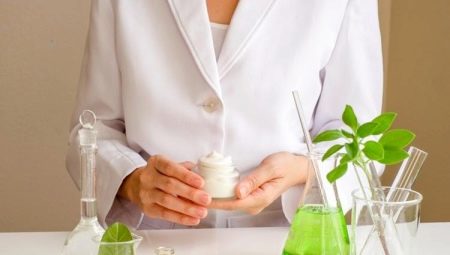In the XX-XXI century, many people began to seriously think that the exploitation of animals in the name of obtaining any benefit is barbarism. Animal farms are closing down, in many countries a ban on circus performances with the participation of wild animals has already been introduced, people refuse to eat meat. Another step towards the protection of animal rights was the use of so-called ethical cosmetics.
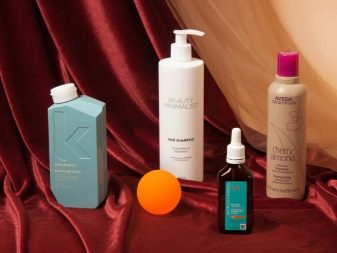
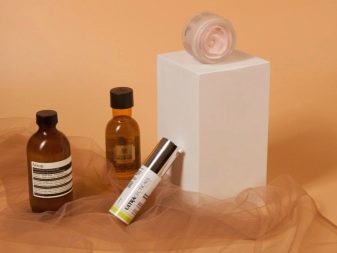
What is it and how is it indicated?
Ethics is called cosmetics, which is not tested on animals. It is indicated by a certain icon in the form of a rabbit in a circle and is accompanied by the inscription "Not tasted for animals or Animal friendly." Cosmetics labeled with the letter V (vegan) do not contain components of animal origin.
Any cosmetic products, whether hygiene products or household chemicals, are tested for toxic substances, mutagens and carcinogens, as well as for the likelihood of irritation on the skin or mucous membranes after their use. However, if some manufacturers conduct testing using alternative methods, others do not hesitate to exploit animals, which most often die after that.
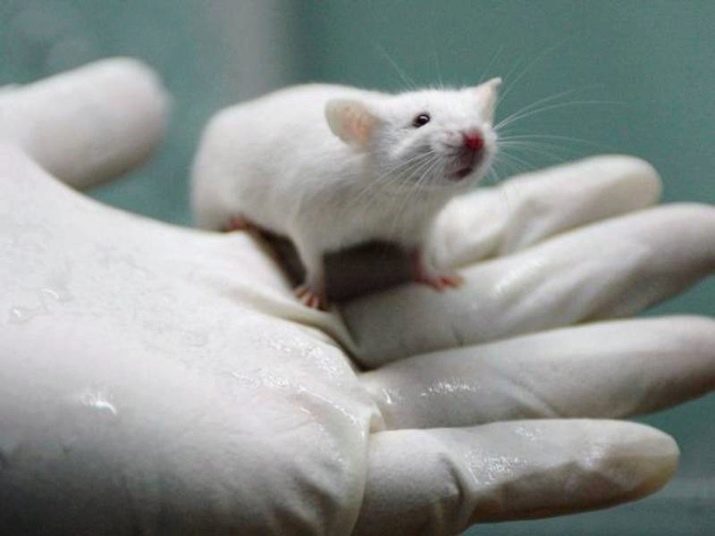
The middle of the 20th century was marked by the emergence of the Beauty Without Cruelty movement.
Rallies were held, many people spoke out in support of animal rights, and this had an effect: some manufacturers of cosmetic and perfumery products, as well as household products, refused to use animals during testing and made changes in the composition of products, starting to use herbal components . In 1998, the United Kingdom introduced a ban on animal testing. Then the international standard of ethical cosmetics appeared, and in 2003 - household chemicals.
Who monitors these standards? There are 2 organizations - PETA and BUAV. In the network, on the official PETA page, lists of manufacturers are published - “white” and “black”. Firms that produce ethical products fall into “white”; companies that still exploit animals fall into “black”. BUAV requirements are even stricter: a manufacturer seeking to obtain the approval of this organization must not only be humane to our smaller brothers, but also refuse orders from such experiences to third-party firms.

Many people are interested in: is it the same ethical and vegan cosmetics? No, these are different products. Ethical products are not tested on animals, but components of animal origin (for example, honey, placenta, keratin, wax, etc.) may contain. Cosmetics for vegans are distinguished by the fact that in its composition there is not a single “animal” ingredient (but there may be artificial ones). Therefore, do not confuse these concepts.
There are products that combine these 2 items. In this case, animals are not used at all for its production.
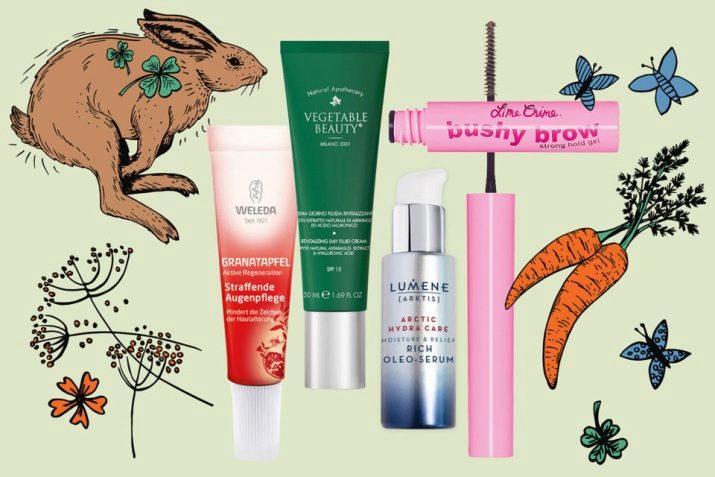
Primary requirements
In order to be called ethical, cosmetics must fulfill the following conditions.
- The final product does not pass animal testing.
- Product components are also not tested on them at any of the stages of manufacture.
- Companies that do not disdain the exploitation of our smaller brothers have such a loophole: a footnote appears on the official website “not tested on animals, except when required by law.” This phrase hides the fact that the manufacturer supplies its products to China, where animal testing is mandatory, or intends to do so soon. So, products with such a “mark” are not considered ethical.
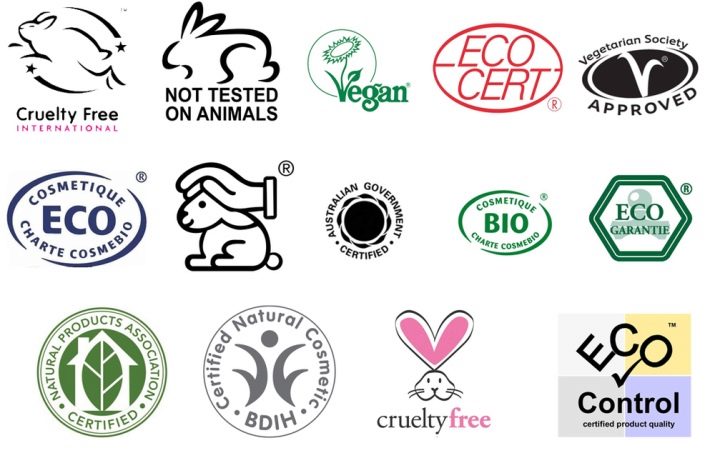
For vegan products, even more stringent requirements are put forward:
- lack of any ingredients of animal origin;
- during production, no in vivo tests were carried out at any stage (on a living organism);
- does not contain genetically modified components;
- there are certificates confirming ethics;
- there is a vegan badge on the package.
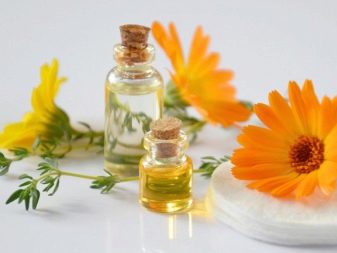
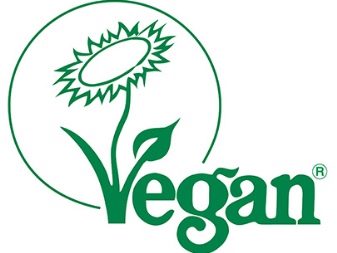
Advantages and disadvantages
Let's see what are the pros has the use of ethical cosmetics.
- The content of beneficial plant components in them is very high, and this is very beneficial for the skin. If synthetic additives are present in them, then there are few of them, and for the most part they are safe.
- Vegetarian cosmetics have no restrictions on age and skin type.
- Similar tools can be found in any price category.
- As a rule, even the packaging of these products is recyclable and does not pollute the environment.
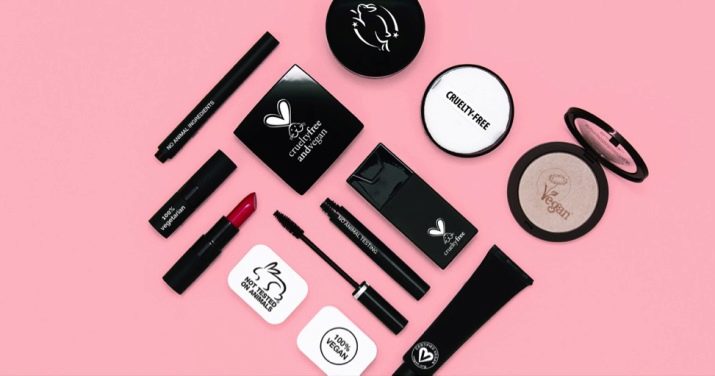
Perhaps, many, having familiarized themselves with the list of advantages, shrug their shoulders in bewilderment: can such cosmetics have any disadvantages? Unfortunately yes.
Minuses.
- Speaking about the synthetic components of ethical cosmetics, it can be noted that not all of them contain harmless additives. There are mutagens, and parabens, and oil products, which, getting into the water, for example, when washing, pollute the environment. And this means that when using such tools it is not necessary to talk about caring for the environment.
- Fragrance-free ethical cosmetics often have an unpleasant odor, associated in some with medicines or the scent of moist earth.
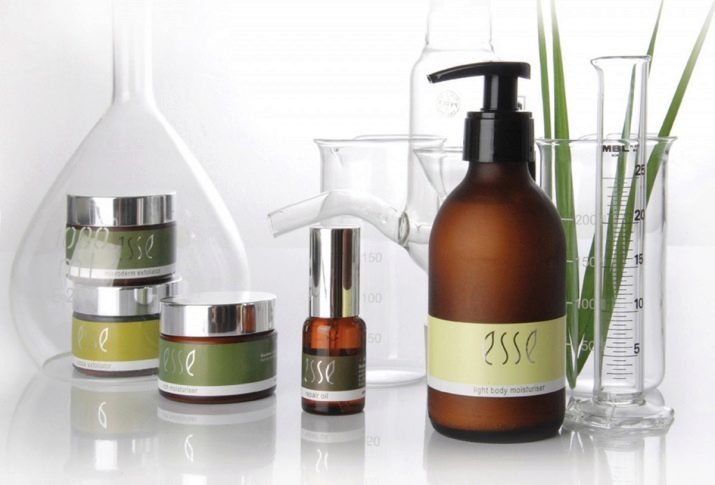
Varieties
All cosmetics - both vegan and ethical - are divided into several types:
- decorative - means for applying makeup;
- nursing - includes everything for face, body and hair care;
- pharmacy - aimed at solving specific problems (acne, pigmentation, dehydration, wrinkles, etc.);
- toothpastes.
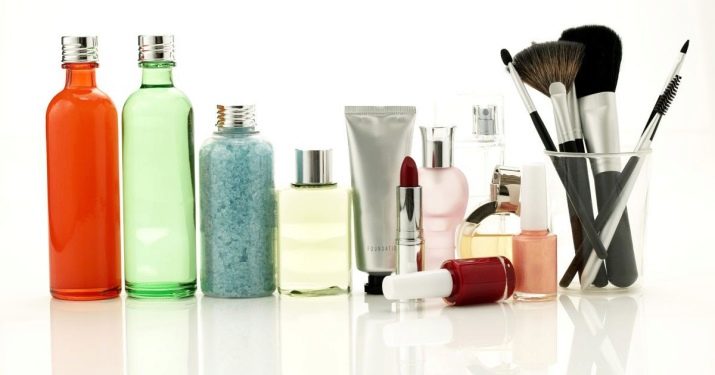
Brand Overview
It's time to introduce you to the list of brands that produce ethical cosmetics. So let's get started.
Decorative means:
- 100% Pure;
- Anastasia Beverly Hills;
- Benecos;
- Ellis Faas;
- Ecco Bella;
- Emani;
- Eva Mosaic;
- Ecotools;
- NYX;
- Inglot;
- Smashbox
- Lumene;
- Urban Decay
- Tarte;
- The Body Shop;
- Kat Von D;
- Lush;
- E. L. F .;
- Everyday Minerals;
- Gosh;
- H&M;
- Logona;
- Too Faced;
- Dr. Hauschka;
- Lavera;
- Living nature;
- Natura Siberica;
- NeoBio;
- Pacifica
- Roek Minerals;
- Sante Naturcosmetics;
- Real Techniques;
- Zoya;
- Zao make-up;
- CND.
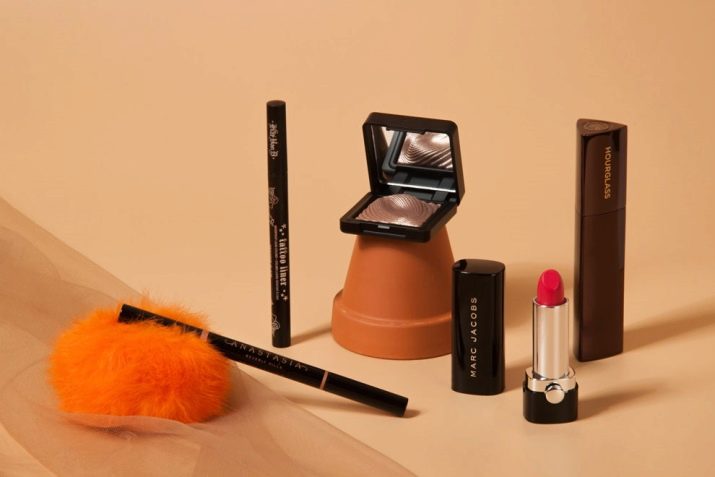
Care products:
- “Mladna”;
- Lush;
- Organic Shop;
- Body Shop;
- Amala;
- Melvita;
- EcoVego;
- LookyLook
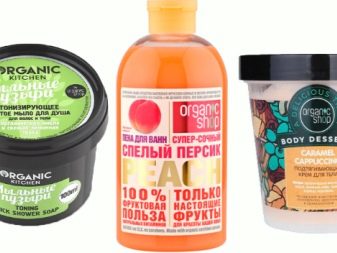
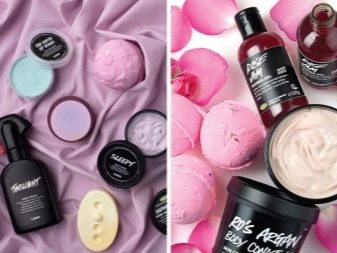
Pharmacy products:
- Carmex;
- Natura Siberica;
- Weleda.
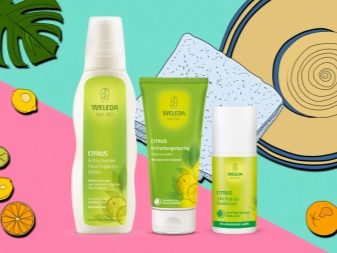

Toothpaste:
- Dabur;
- Georganics;
- Himalaya;
- R. O. C. S .;
- Silca.
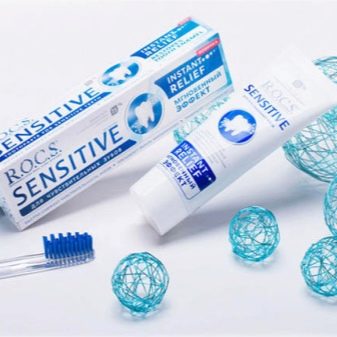

How to choose?
Choosing ethical cosmetics, it is important not to be mistaken. To do this, check out the tips below.
- Be sure to look for specific markings on the product packaging. It can be a flower - a symbol of veganism, or a rabbit in a circle. In any case, there should be an inscription Cruelty free and Vegan. Only then can you be sure that you have acquired a truly ethical and vegetarian product that in no way contributed to the exploitation of animals and does not contain components of animal origin. If you don’t have a goal to buy a vegan product, but you need an ethical one, look for the inscription “Not tasted for animals or Animal friendly”.
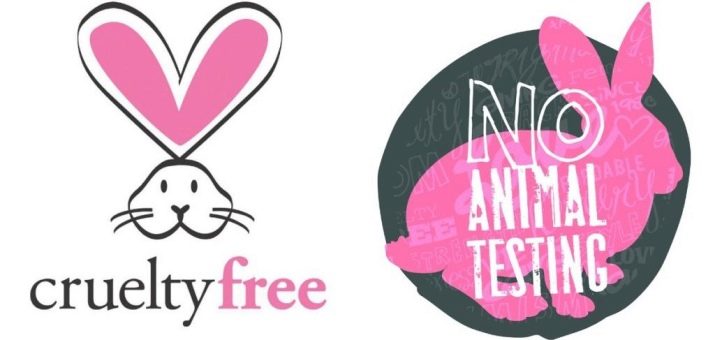
- Before you go to the store for a purchase, check whether the selected brand is in the PETA white list. You can go to the official website of the organization and check there or drive the brand name into the search bar and find out everything about its environmental friendliness and ethics.
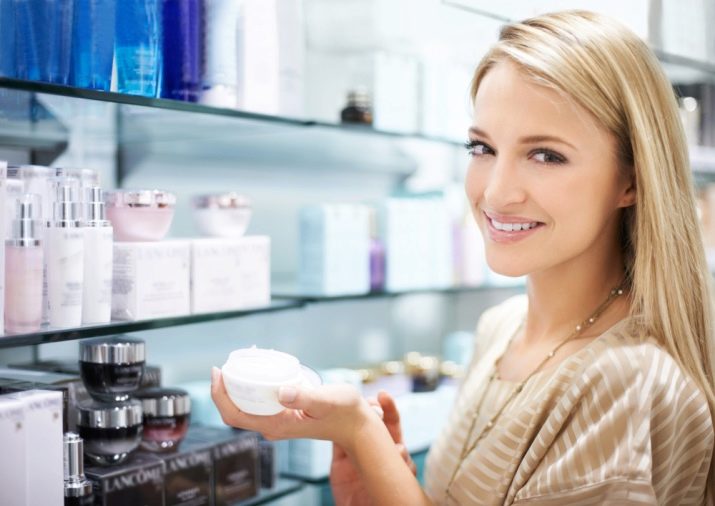
- If you want to buy goods from a domestic manufacturer, then here you are List of PETA Approved Companies: Levrana, BioBeauty, Aspera, Russian Cosmetics, EFTI Cosmetics, Organic Shop, EcoVego, LookyLook, Cosmavera, Spivak Soap Making Company, Olesya Mustaeva's Workshop, MI&KO, Laboratorium, OrganicZone, Milorada .
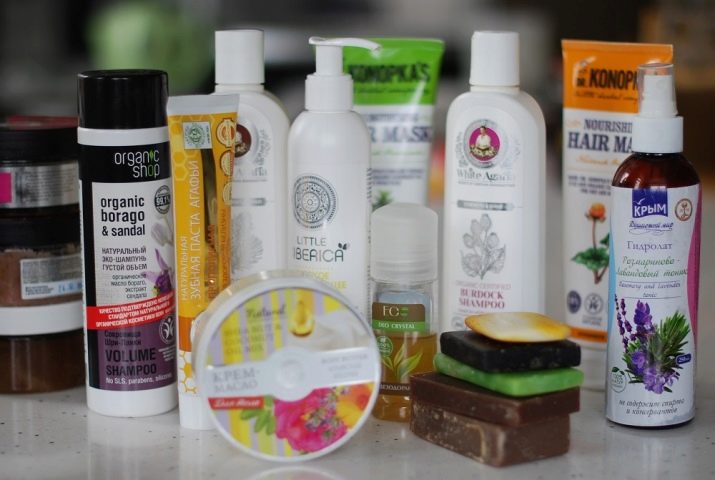
- Check the information on the supply of these products to China. As we mentioned earlier, the laws of China strictly regulate the fact that any cosmetics must be tested in vivo.
Therefore, if a manufacturing company cooperates with this state and sells its goods there, it cannot a priori produce ethical cosmetics.
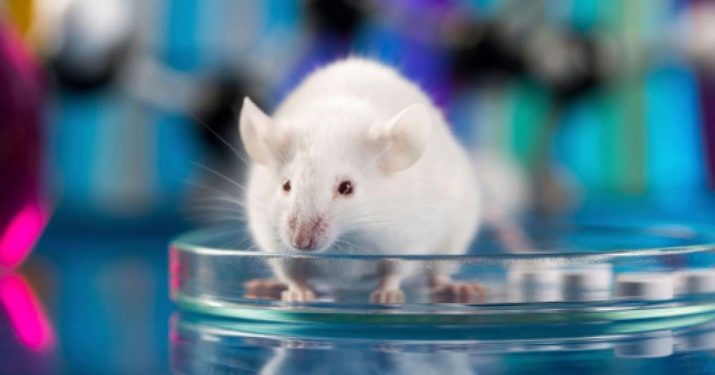
Importance of use
The experiments conducted in the laboratory are terrifying with their cruelty. The animal is fixed, immobilized and applied to the skin, mucous membrane or injected inside and track the reaction of the body.
The most famous tests.
- Dryz test - the concentrated substance is instilled into the animal’s eye, which leads to irreversible damage to the cornea and loss of eye.
- Skin Corrosion Test - the area on the body is shaved, a skin flap is removed from it and the resulting wound surface is treated with the test drug.
- Lethal Dose-50 - a large dose of the test agent is injected into the stomach or intravenously, intramuscularly. The number “50” is not accidental in the name - the experiment continues until only 50% of the experimental animals remain alive.
- Inhalation of vapor. The subjects are placed in closed glass chambers, previously pumped in pairs of the test substance in high concentration. The result is an excruciatingly slow death of the animal from suffocation.
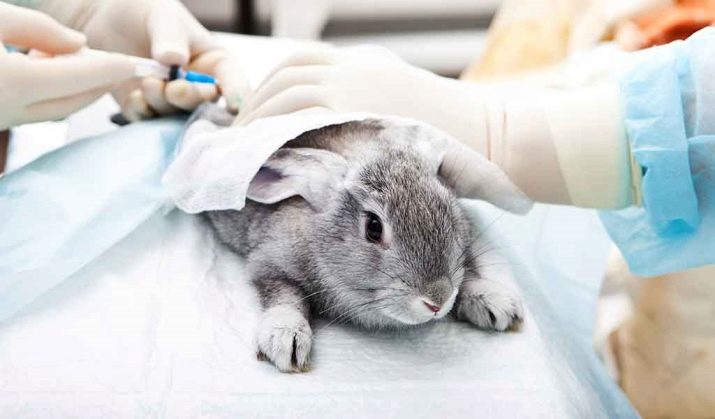
Eat meat or not, whether to wear clothes made of natural fur or artificial, whether to look for ethical cosmetics or not is everyone's choice. However, it is worth considering that we are not masters on this planet, although we have proclaimed ourselves as such. All living beings are worthy of respect and love. And you need to try to show these feelings and take care of nature not only in word but in deed.
See how to find out if cosmetics are tested on animals.
